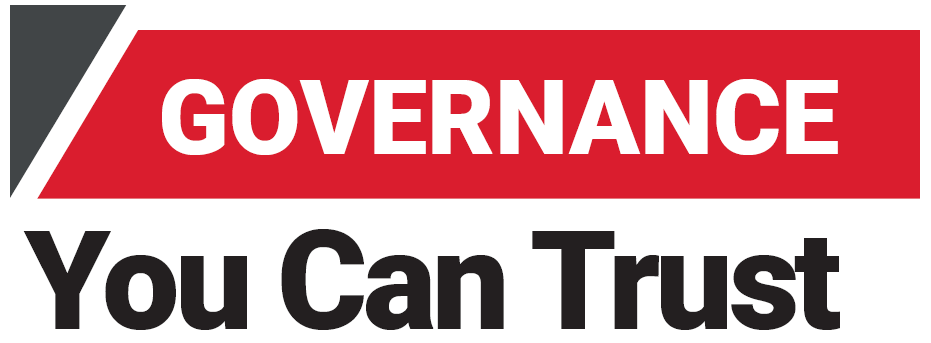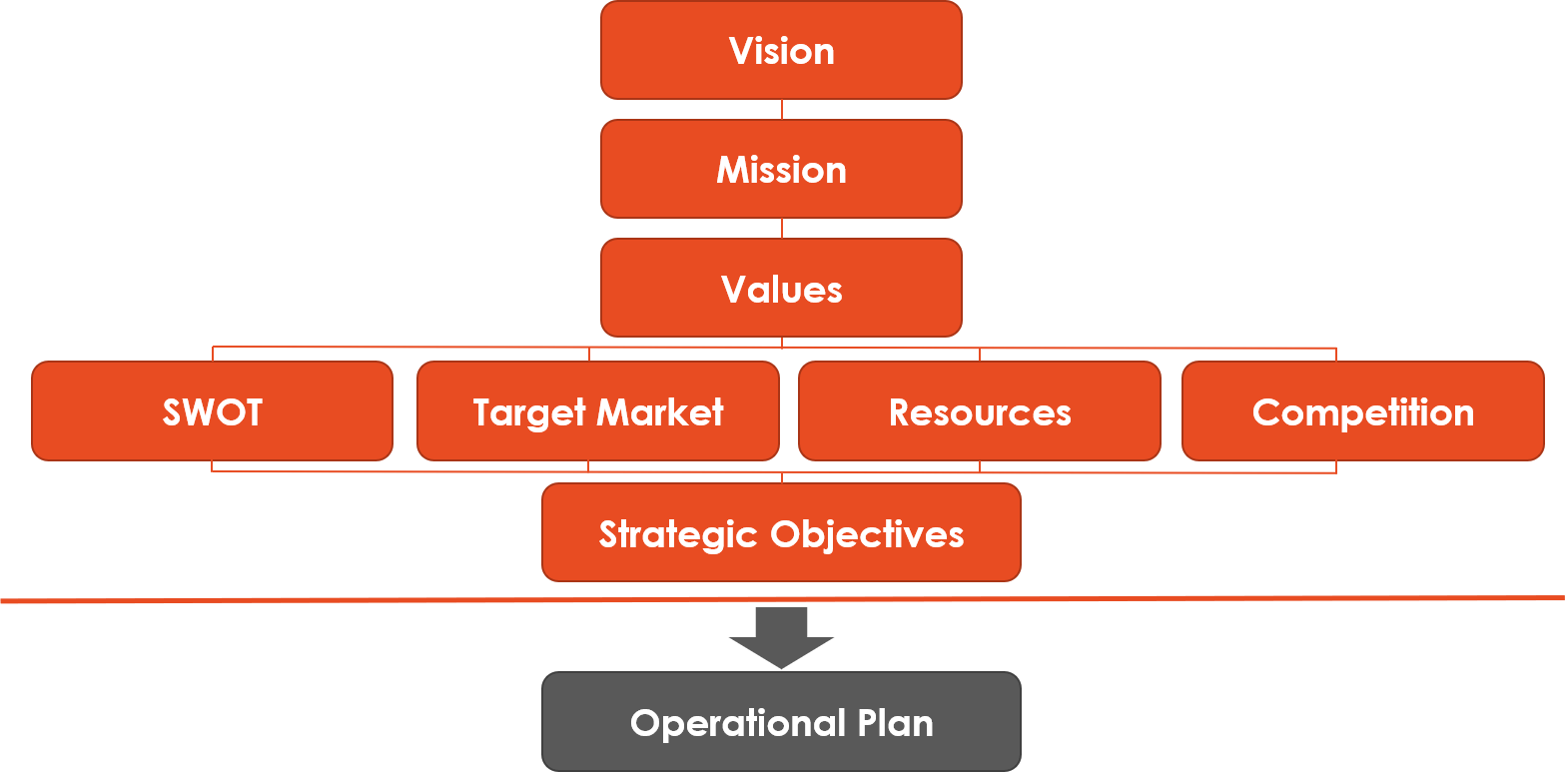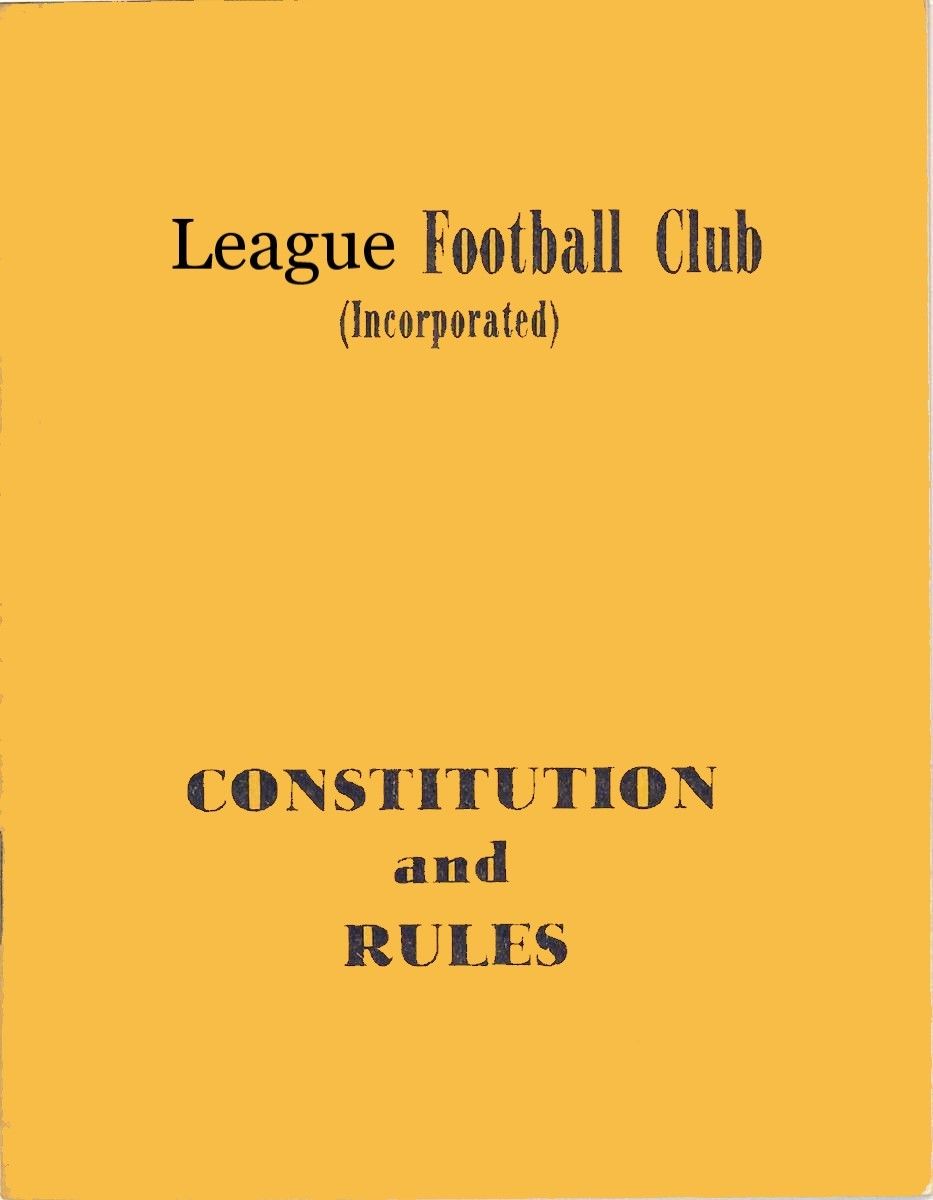The benefit of the plan is in the planning!
Strategic Planning 101

Simply put, the organisation needs to have a vision, a mission that explains how you will achieve the vision and values that define the culture of the organisation.
With those key drivers defined, it is roll up your sleeves time and do the environmental research – SWOT (Strengths, Weakness, Opportunities, Threats) analysis, look at which market(s) you are serving, analyse the resources you have available and then assess your competition.
Once this is done, you need to decide who your target market(s) is/are, what product(s), service(s) and facilities you plan to provide to them and then decide what strategic objectives you will aim for, the achievement of which will mean a sustainable and profitable business.
How can we review or create our plan?
For either exercise – review or creation – you are best served to have an independent external facilitator to help guide your one or two day planning session. One day will cover things off, but if you feel you need more time to analyse and discuss data, ideas and formulate strategies, then two days is fine. It depends on the availability of the parties required.
Strategy is the number one responsibility of the board of any organisation and strategic planning is usually done by the ‘leadership team’ i.e. the whole board and the senior management team. The number can vary, depending on the size of organisation, from as few as a board of 5 plus the business manager, to a board of 9 plus the Chief Executive Officer, the Chief Financial Officer, the Chief Operating Officer, Marketing Manager, Gaming Manager, Food and Beverage manager and so on (in a club/pub example).
Some prior research on demographics, business metrics and trend analyses can ensure a well-informed planning facilitation session. A review session should result in an effectively updated plan, which may need some fine tuning prior to approval by the board. A plan creation session will usually result in the core elements being created, the key strategic objectives identified and maybe some more research required to finalise the plan.
Once the follow up research is complete, the leadership team can finalise the plan for sign off by the Board. Then the plan is handed to the management (team) to create the annual (operational, business) plan and supporting budget, that the management require to execute the operational plan.
Try to complete your strategic plan on or before the middle of May, to allow time for the management to draft their operational plan and budget. They should try to have that complete by mid-June so again, the board can sign off on the plan and budget, in time to implement it from 1 July of the new financial year.
We have a plan…now what?
The late Peter Drucker, international founding father of management theory once said “Plans are only good intentions unless they immediately degenerate into hard work”. So, the key is to break the plans down into easy to digest chunks. The key objectives need to be SMART objectives i.e. specific, measurable, achievable, realistic and time-framed. It is the time frame on each objective that often times defines success or failure. So set realistic timelines for the objectives and see how they come to fruition.
Many of the clubs I have worked with on strategic planning, have achieved their objectives/goals in a timely manner, and so have been able to review and bring forward some objectives set for a longer horizon. They have also realised some objectives may need to be pushed back to a later time, to allow other things to fall into place first.
In summary, the benefit of the plan is in the planning as it forces you to analyse your business and decide where you want to go. As Lewis Carrol said in Alice in Wonderland “If you don’t know where you are going, every road leads there”.
If you would like some assistance to review or create a strategic plan for your business, either contact Ron Browne on 0414 633 423 or info@extrapreneurservices.com.au or click to submit a Project Brief.












